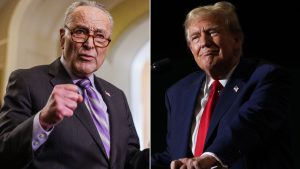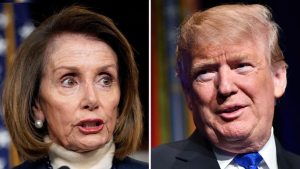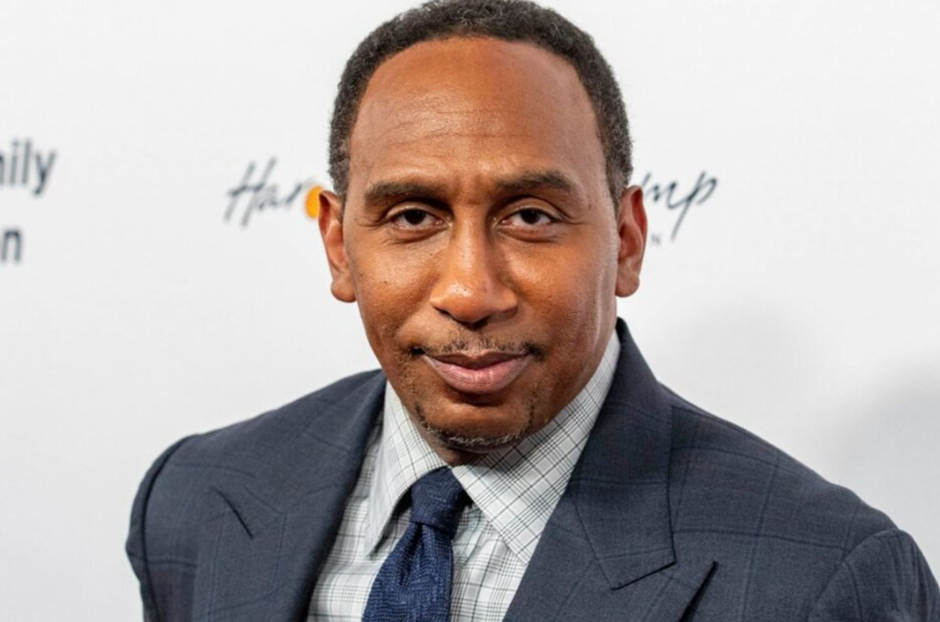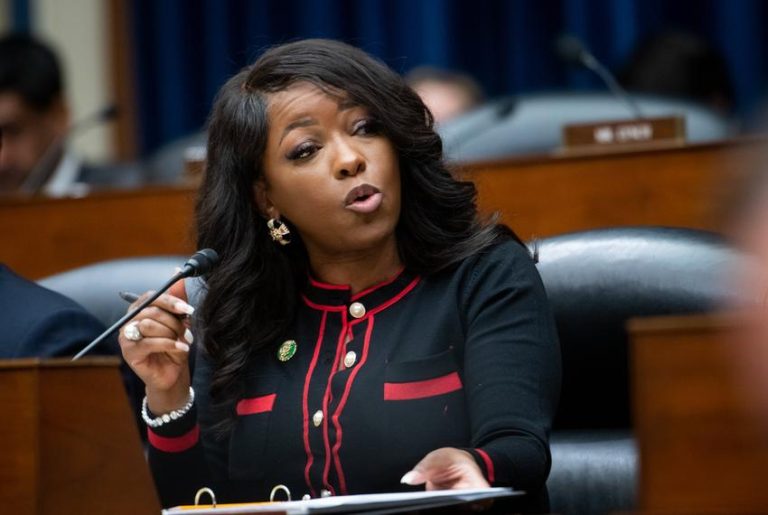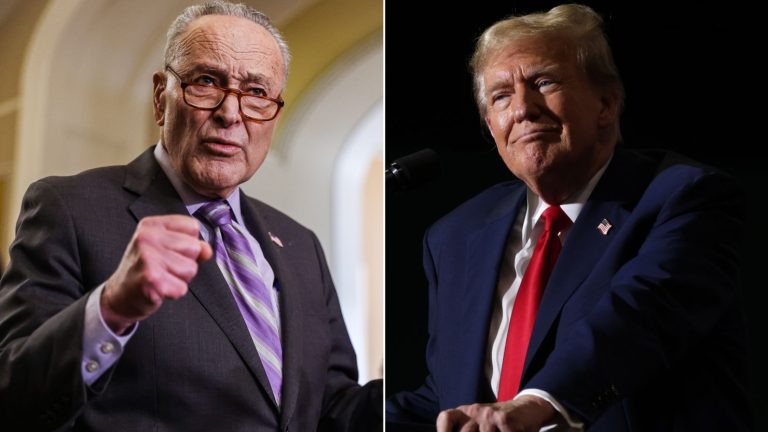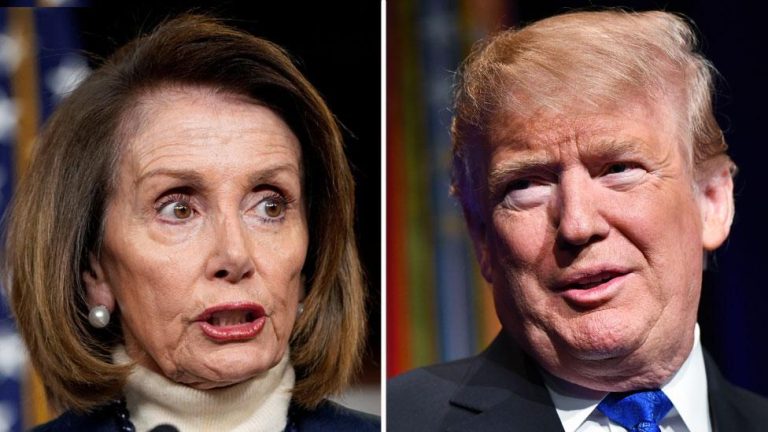Note: VIDEO at the end of the article:
Stephen A. Smith, best known as a leading voice in sports commentary through ESPN’s First Take, has steadily grown more vocal in recent years about politics and cultural issues. His critiques often straddle party lines, but a recent appearance on Fox News’ Hannity made headlines as Smith shared pointed criticism of the Democratic Party’s strategy in the wake of the 2024 election.
During his discussion with Sean Hannity, Smith addressed what he sees as an increasing disconnect between the Democratic Party’s priorities and the everyday concerns of working-class and minority voters. He argued that the party’s messaging has become overly focused on opposing former President Donald Trump, rather than providing substantive policy solutions that resonate with a broad base of Americans.
“You can’t win by simply being anti-Trump,” Smith said. “That’s not a platform. That’s not a solution to people’s problems.”
A Shifting Political Landscape
Smith pointed to recent polling and voting trends that show former President Donald Trump made gains with certain traditionally Democratic voter groups—most notably young Black and Latino men. While these groups have historically leaned heavily Democratic, the 2024 election saw a measurable uptick in support for Trump among these demographics.
According to a GenForward poll from the University of Chicago, 26% of Black men aged 18 to 40 supported Donald Trump in the 2024 election—up significantly from previous election cycles. Similarly, Trump earned the support of approximately 54% of Latino men under 45, a dramatic increase from 36% in 2020.
These figures, while not reflective of a majority shift, nonetheless signal a meaningful trend: more voters from communities that Democrats often consider safe constituencies are feeling disillusioned. Smith attributed this shift to the perception that Democrats are not delivering on key economic, educational, and public safety issues.
Perceptions of Leadership and Delivery
Smith argued that part of Trump’s appeal lies in his presentation of strength, assertiveness, and action—qualities that resonate with voters who feel left behind or underrepresented. While Smith made it clear that he does not personally support Trump, he acknowledged that Trump’s messaging—particularly around jobs, crime, and border control—has found traction with disaffected voters.
“People are responding to strength, or at least the appearance of it,” Smith said. “Whether you agree with Trump or not, a lot of people feel like he does something.”
In contrast, Smith believes Democrats have failed to build a clear, unifying narrative. He suggested that internal divisions and a reliance on symbolic or cultural issues—often pushed by high-profile progressive lawmakers—have distracted the party from offering pragmatic solutions to everyday problems.
Media Spotlight on Progressives
During the interview, Smith also discussed the role of the media in shaping public perception of the Democratic Party. He noted that progressive figures such as Rep. Alexandria Ocasio-Cortez (D-NY) and Rep. Jasmine Crockett (D-TX) receive outsized attention in both liberal and conservative outlets. This, he argued, contributes to a distorted image of the Democratic Party as being driven by ideological extremes.
“When people think of the Democrats, they’re not thinking of moderates. They’re thinking of AOC, of Crockett—people who are always on TV and social media,” Smith said. “That’s a media problem, but it becomes a political problem too.”
Conservative media, in particular, frequently spotlight these figures as representative of the entire Democratic Party. Smith warned that Republicans have successfully weaponized this media narrative to portray Democrats as disconnected from the center of the political spectrum.
Though Smith acknowledged the importance of progressive voices, he stressed the need for balance and broader representation across ideological lines within the party.
Clarifying the Narrative
Contrary to some headlines and social media posts, Smith did not say that Donald Trump is “gaining traction within the Democratic Party” in an institutional sense. He did not suggest that Democratic leaders are switching sides or that the party itself is moving toward Trump. Rather, he pointed to voter-level shifts in support—particularly among groups historically aligned with Democrats but who are now re-evaluating their loyalties.
Smith has also made it clear in public comments that he is not a Trump supporter. He has criticized the former president for a range of actions and rhetoric, including his behavior during and after the 2020 election. However, Smith insists that Democrats must confront the real reasons why certain voters are beginning to consider Republican candidates.
“If you’re losing ground, the question isn’t ‘what’s wrong with them?’ The question is ‘what are we doing wrong?’” he said.
The Broader Implications for 2026 and Beyond
Political strategists on both sides of the aisle are paying close attention to these demographic shifts. While the Democratic Party remains strong with many Black and Latino voters overall, the margins matter—particularly in battleground states where elections are won by tens of thousands of votes, not millions.
The Republican Party, led once again by Donald Trump, has begun to actively target urban communities and working-class voters of all backgrounds. Efforts include tailored economic messaging, increased outreach via faith-based groups, and a greater presence in minority media spaces.
Democrats, meanwhile, face the challenge of bridging the growing gap between their progressive and moderate wings. If they are to maintain their electoral advantage, they must develop a strategy that appeals to both policy-minded voters and those concerned with cultural and economic stability.
Smith’s Central Message: Reconnect With the Base
Smith’s overarching message is simple but urgent: the Democratic Party needs to reconnect with its base by focusing on issues that matter most to average Americans—jobs, cost of living, crime, education, and healthcare. He believes that by moving beyond political theater and concentrating on governance, the party can retain and regain support among disillusioned voters.
He also urged Democrats to avoid underestimating Donald Trump’s continued influence and popularity, particularly among voters who feel ignored by the current administration or alienated by progressive rhetoric.
“Whether you like it or not, Trump is still a major force,” Smith said. “Ignoring that won’t make it go away. You have to offer something better—and make people believe in it.”
PLAY:

